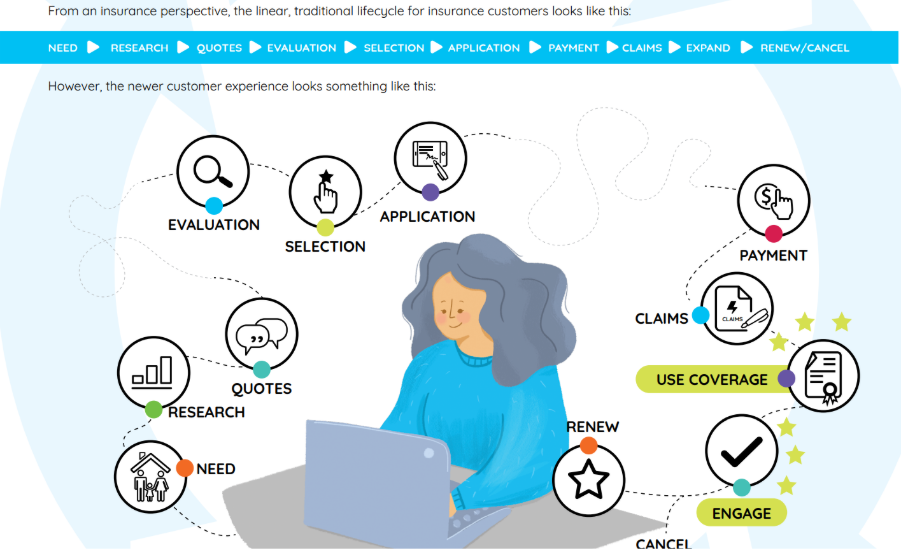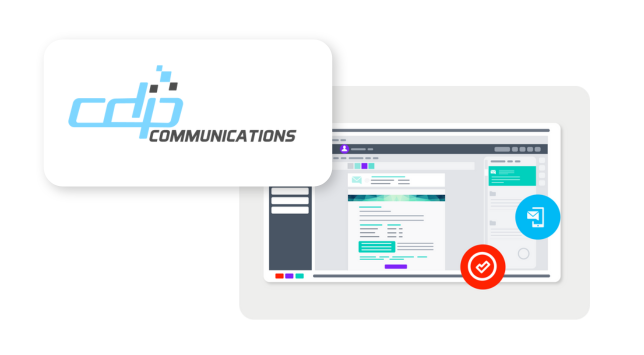
In a regular year, the biggest financial scandals and tales of errant employees are never easy to forget; although in 2020, we wouldn’t blame you if your attention was somewhere else. But despite last year’s shocking headlines, accounting failures continued to happen – and we were taking notes. How many do you remember?
Featured Resource: Common Accounting Painpoints & How to Solve Them

Download Your Free eBook
The case of Himalayan salt lamps and burned receipts
A deep dive into the Mississippi Department of Corrections’ (MDOC) accounts uncovered widespread fraud at the facility. According to their December audit, the previous MDOC leadership spent thousands of taxpayer dollars to upgrade the executive suite with six TV sets, and purchased other items such as massage chairs, rugs, art and Himalayan salt lamps for their meditation room.
What’s more, financial documents such as receipts and procurement records were also “accidentally burned” when they were being moved to a separate location. The findings only came out after a new administration took over the MDOC and requested a financial audit of the previous leadership.
How to avoid this: Companies can use Quadient Accounts Payable Automation by Beanworks to set up a detailed approval matrix based on budget, department etc, to avoid unauthorized purchases. Automating the AP workflow with Quadient AP removes the need to maintain a paper trail. All documents and processes are securely accessible through the cloud at any time from anywhere. Quadient AP also increases the speed of accessing financial data by reducing time-consuming data entry – using artificial intelligence.
Pilfered printer toner

An Austin Public Library accountant fraudulently bought USD $1.5 million in printer toner, and reportedly sold it for a profit for USD $1.3 million. The employee, Randall Whited was an accounting associate who misused his responsibilities such as approving his own purchases, cash receipts, billing and other transactions. Security camera footage from the library shows Whited would take toner boxes from the office and then put them in his vehicle. He also had access to 10 city credit cards, which were used to purchase personal items like video games, VR headsets and a drone, all worth at least USD $18,000.
The audit report also revealed “multiple examples of inadequate records” including the employee’s home address on the shipping form for office orders. “The Department takes fraud, waste, and abuse seriously and has fully cooperated with investigations conducted by the City Auditor, as well as the Austin Police Department and the District Attorney’s office, when requested, ” Director of Libraries, Roosevelt Weeks told the media.
How to avoid this: Set up at least two levels of approval for all purchases and use an expense management system to set up controls for employee expenses. Software like Quadient AP will allow you to customize your approval channels and provide a report of employee spend based on details like amount, department, and location. Approvers are notified online as soon as expense reports are submitted, and they can accept or reject the claim– even through their phone.
Bamboozled in Baltimore

Once again, a scammer succeeded in tricking an accounting team into wiring him money through falsified bank details. The victim? Baltimore’s Department of Finance. Their accounting clerk received an email to route payments of an existing vendor to a new account. The clerk made the changes without confirming the legitimacy of the email with the vendor. About USD $62,337 was paid to the scammer before the actual vendor contacted the department regarding the payment delay.
At the time of the finding, the city’s finance director, Henry Raymond accepted the limitations of their electronic payments process. “Until the new system implementation occurs, BAPS (Bureau of Accounting & Payroll Services) will employ a manual, periodic audit/review process by running a monthly report of any system changes to vendor account data,” Raymond told the media.
“We recently received an invoice that was completely fraudulent but looked like one of our invoices that we normally receive. It was uploaded to Quadient AP and routed to the appropriate person, and the approver instantly knew it was a fraudulent invoice.”
How to avoid this: Managing payments through an Accounts Payable automation provider helps increase controls, since payments can be easily passed through several layers of approvals before they are released. Some providers also take care of vendor management, including collecting, updating, and securing sensitive vendor payment data, even assuming liability for the payment. One Quadient AP customer said, “We recently received an invoice that was completely fraudulent but looked like one of our invoices that we normally receive. It was uploaded to Quadient AP and routed to the appropriate person, and the approver instantly knew it was a fraudulent invoice.”
Not-so-lucky Luckin

Luckin Coffee hoped to capture a piece of Starbucks’ large market in China but fell short after being hit by a penalty of USD $180 million by the US Securities and Commission (SEC) for accounting fraud. The Commission says Luckin overstated its revenue, expenses and losses by almost USD $300 million; the coffee start-up neither admitted nor denied the claim but agreed to pay the penalty.
“Luckin employees attempted to conceal the fraud by inflating the company’s expenses by more than USD $190 million, creating a fake operations database, and altering accounting and bank records to reflect the false sales,” according to the SEC. The debacle made headlines only a year after Luckin had a roaring IPO worth USD $651 million.
How to avoid this: Following the Luckin Coffee scandal, Nasdaq tightened its rules to protect the market for investors. According to CNBC “The new rules will require companies from some countries, including China, to raise $25 million in their IPO or, alternatively, at least a quarter of their post-listing market capitalization, the sources said.”
Pharma karma

The once high-flying UAE healthcare provider, NMC Health, is nursing heavy losses after discovering a hidden debt of about USD $4 billion. The hospital allegedly used fake invoices and documents to place orders for medical supplies and then sourced credit from banks to finance the transactions.
The scandal involved other healthcare companies, Nexgen and Neopharma, both controlled by the NMC founder, BR Shetty. Auditing firm, EY also came under fire for repeatedly failing to account for the missing billions. “Thousands of irregular financing transactions amounted to more than six times the value of Neopharma’s real sales, the documents claim,” according to FT.
How to avoid this: Quadient AP automates the entire AP process – purchase orders, invoices, payments, and employee expenses – and syncs directly with the financial system. Discrepancies like duplicate invoices are automatically flagged in the system. With all details of transactions stored on a central platform, internal and external audits become a lot simpler.
Getting a handle on scandals
Looking at the financial failures above, it’s clear how much a company depends on accountants to maintain robust financial health and a positive reputation. Thankfully, there are ways your business can adopt better measures to combat fraud within accounting. Here are a few tips:
- Replace paper with digital records to improve transparency and have a better handle over cash flow
- Increase controls on payments by adding multiple approvals through automation. Ask the payment provider if they also handle vendor management
- Setup at least two levels of approvals to keep internal fraud in check. The approval levels could be based on factors like dollar value or departmental budget
- Create a separate approvals process for invoices and payments. By separating roles for approvals and payments, you reduce the chances of funds getting wrongly routed
- Replace disjointed systems such as emails for approvals or checks for payments etc, with a 360-degree solution like Quadient AP, which automates purchase orders, invoices, payments, and employee expenses. This keeps all workflows trackable and operational through a central platform







